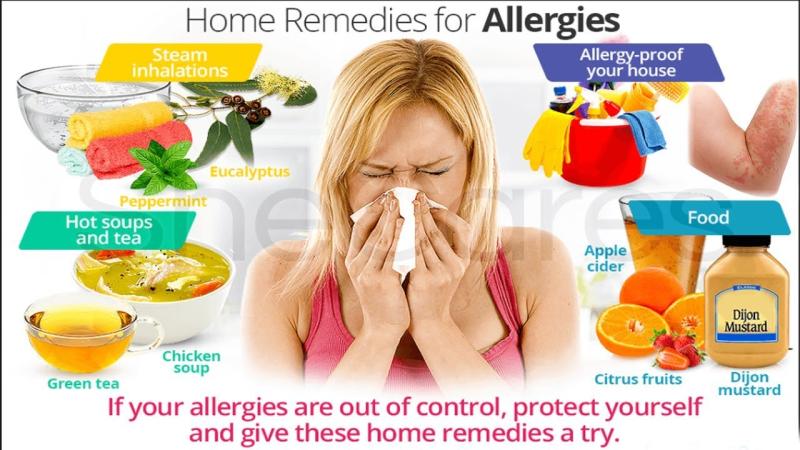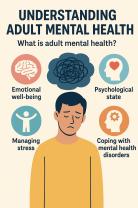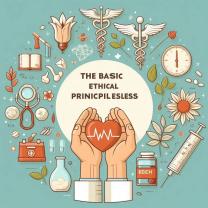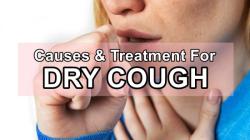What are some home remedies for pollen allergies?
While there is no cure for pollen allergies, several home remedies may help alleviate symptoms and provide relief. It's important to note that these remedies might not work for everyone, and individuals with severe allergies should consult with a healthcare professional for appropriate medical advice. Here are some home remedies for pollen allergies:
Keep Windows Closed:
- During peak pollen seasons, keep windows closed to prevent outdoor allergens from entering your home.
Use Air Purifiers:
- Consider using air purifiers with HEPA filters to reduce pollen and other airborne allergens indoors.
Limit Outdoor Activities:
- Reduce outdoor activities, especially during high pollen count days. Check local pollen forecasts to plan your outdoor activities accordingly.
Shower and Change Clothes:
- After spending time outdoors, take a shower to wash off pollen from your skin and hair. Change into fresh, pollen-free clothes.
Nasal Irrigation:
- Use a saline nasal rinse or a neti pot to flush out allergens from your nasal passages. This can help relieve nasal congestion and irritation.
Stay Hydrated:
- Drinking plenty of water can help thin mucus and prevent dehydration, which may worsen allergy symptoms.
Local Honey:
- Some people believe that consuming local honey, which contains small amounts of local pollen, may help build immunity to allergens. However, scientific evidence supporting this is limited.
Quercetin-Rich Foods:
- Quercetin is a flavonoid found in certain foods, such as apples, berries, onions, and citrus fruits. It is believed to have anti-inflammatory properties that may help with allergy symptoms.
Probiotics:
- Probiotics, found in yogurt and other fermented foods, may help support a healthy immune system and potentially reduce allergy symptoms.
Butterbur Extract:
- Butterbur is an herb that some studies suggest may help relieve symptoms of allergic rhinitis. However, it's important to consult with a healthcare professional before using any herbal supplements.
Avoid Drying Clothes Outside:
- Avoid hanging clothes and bedding outside to dry, as they can collect pollen.
Close Car Windows:
- When driving, keep car windows closed to reduce exposure to outdoor allergens.
Use Sunglasses:
- Wearing sunglasses can help protect your eyes from airborne pollen.
Essential Oils:
- Some people find relief from allergy symptoms by using essential oils such as eucalyptus, peppermint, or lavender. Use caution and dilute oils properly, and consult with a healthcare professional if you have respiratory conditions.
It's important to remember that individual responses to home remedies may vary, and what works for one person may not work for another. If you have severe or persistent allergy symptoms, it's advisable to seek guidance from a healthcare professional for proper diagnosis and treatment. Over-the-counter or prescription allergy medications may be recommended for more effective relief.
While there is no cure for pollen allergies, there are several home remedies that can help alleviate symptoms and improve your quality of life. Here are some effective home remedies for pollen allergies:
Saline nasal irrigation: Rinsing your nasal passages with saline solution can help flush out pollen and mucus, reducing congestion and irritation. You can use a saline nasal spray or a neti pot, a device that allows you to gently pour saline solution into one nostril and out the other.
Nasal decongestants: Nasal decongestants can help shrink swollen nasal passages, making it easier to breathe. Over-the-counter decongestants, such as pseudoephedrine or phenylephrine, can be effective for temporary relief.
Antihistamines: Antihistamines block the action of histamine, a substance released by the body in response to allergens. Antihistamines can help reduce allergy symptoms such as sneezing, runny nose, and itchy eyes. Both over-the-counter and prescription antihistamines are available.
Quercetin: Quercetin is a natural flavonoid found in fruits and vegetables. It has anti-inflammatory and antihistamine properties, which may help reduce allergy symptoms. Quercetin supplements are available, but it is also found in foods such as apples, onions, and green tea.
Honey: Local honey may help reduce allergy symptoms by desensitizing your body to local pollen. Choose raw, unfiltered honey from your area and start by taking a small amount daily, gradually increasing the amount as tolerated.
Steam inhalation: Inhaling steam can help loosen mucus and relieve congestion. You can add essential oils like eucalyptus or peppermint to the steam for added benefit.
Air purification: Using an air purifier with a HEPA filter can help remove pollen and other allergens from the air in your home.
Lifestyle changes: Certain lifestyle changes can help reduce your exposure to pollen and alleviate allergy symptoms. These include:
- Monitoring pollen counts and avoiding outdoor activities when pollen counts are high.
- Keeping windows closed during pollen season.
- Changing clothes and showering after being outdoors.
- Wearing a mask outdoors when pollen counts are high.
If your pollen allergy symptoms are severe or do not respond to home remedies, it is important to see a doctor. They can provide you with prescription medications or other treatment options to manage your allergy and improve your quality of life.













